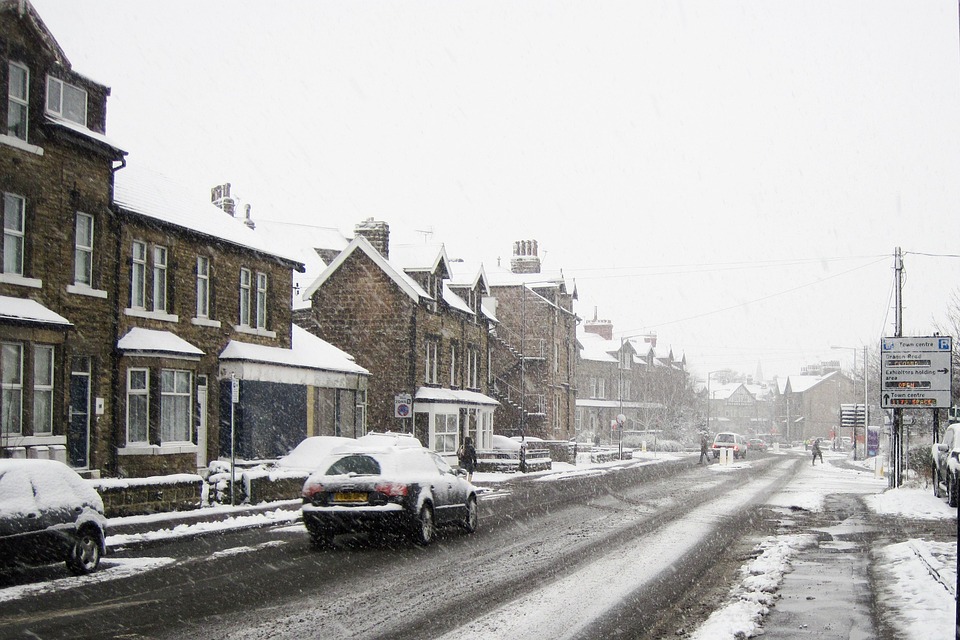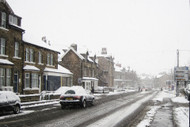5 Things That Happen to Your Car During Winter
3rd Dec 2018

Affects of Cold Weather
The cold winter weather can affect your car's health and performance in several ways. While these effects are more prominent in the Northern states than the South, the winter season can take a toll on your car regardless of where you live. And although you can't control the weather, you can still protect your car from the subfreezing temperatures.
#1) Oil Becomes Less Viscous
When winter arrives, the engine oil in your car will become less viscous. This means it becomes thicker and less watery, thereby reducing the ease of which it flows through the engine. Engine oil is designed to work best once the car has warmed up. A warm engine makes the oil heat up and expand so that it's more viscous. During winter, allow your car to idle in the driveway for five or so minutes, it should the oil should be hot enough to flow through the engine's crankcase with ease.
#2) Lower Tire Pressure
Your tires will have a lower air pressure during the winter than the summer. The cold winter weather causes the air inside your tires to contract. The air doesn't necessarily escape from the tires. Rather, it shrinks to create fewer pounds per square inch (PSI) of air pressure. You can expect to lose about 1 or 2 PSI of tire pressure for every 10 degrees the temperature drops.
#3) Water Freezes
Of course, water freezes when the temperature reaches 32 degrees or below. Therefore, you should check to see if you have water stored in your car's windshield wiper fluid reservoir. If it's soapy water or even a standard store-bought windshield wiper fluid, you should replace it with a winter-grade windshield wiper fluid. As the name suggests, winter-grade formulas contain antifreeze that can withstand subfreezing temperatures.
#4) Dead or Dying Battery
You may find that your car won't start during the winter because the battery is dead or dying. Battery failure can occur anytime during the year, but most drivers encounter this problem during winter. The cold weather reduces the battery's performance. You can usually jump it from the battery of another a vehicle. Unless you want to keep jumping it, though, the only long-term solution is to replace the battery.
#5) Fluid Leaks
Automotive fluid leaks are common during winter due to the way in which hoses and connectors shrink. As the temperature drops, radiator hoses, oil hoses and transmission fluid hoses -- as well as their respective connectors -- contract. Unfortunately, this can reveal leaks that were previously hidden, resulting in loss of fluid.

